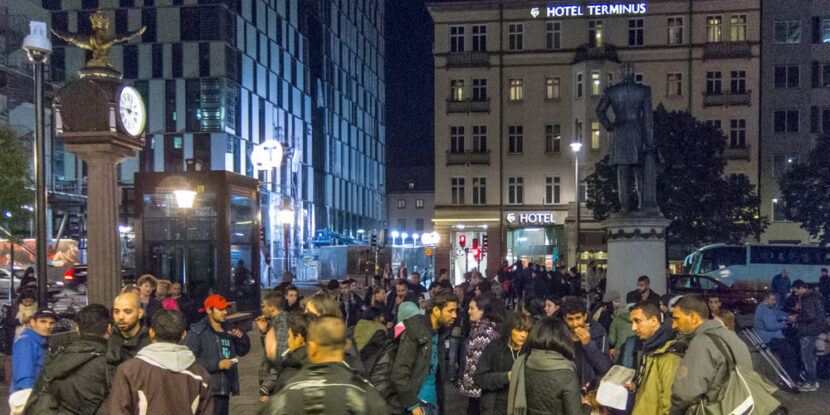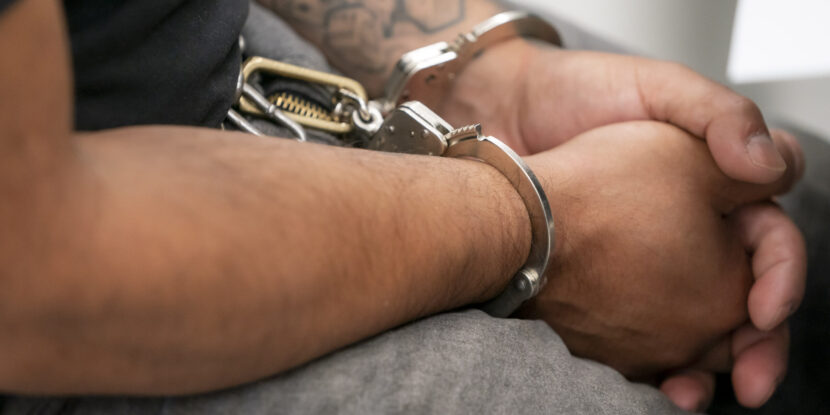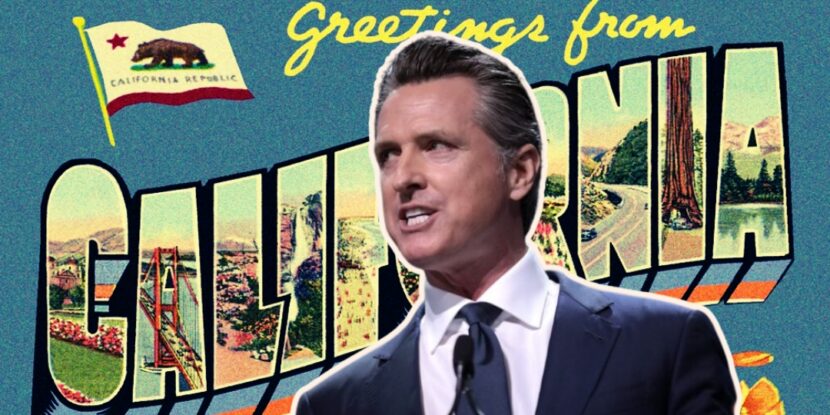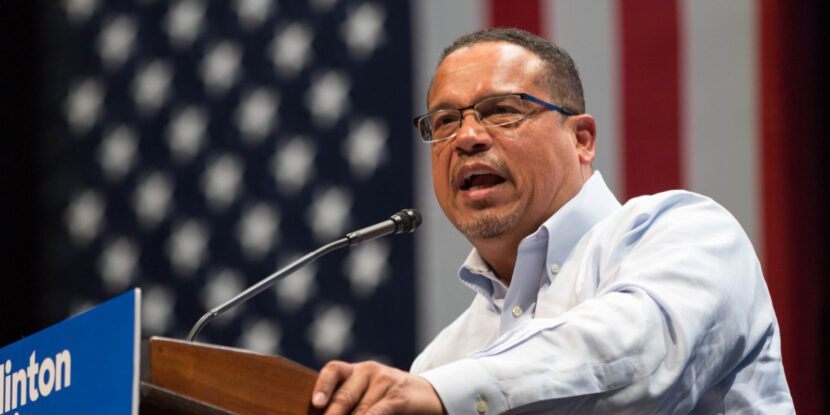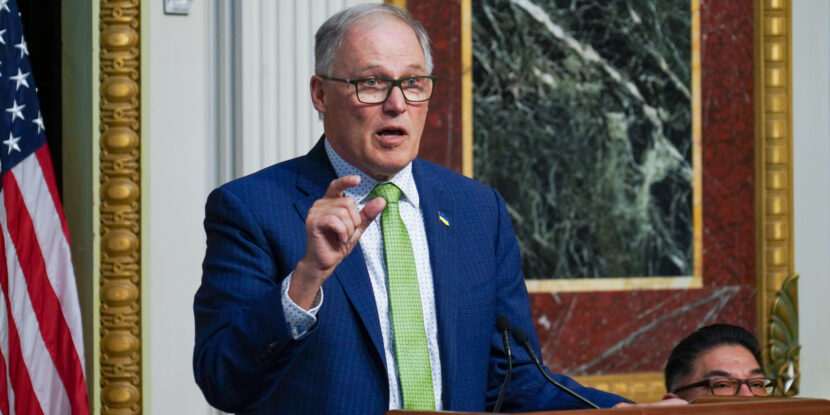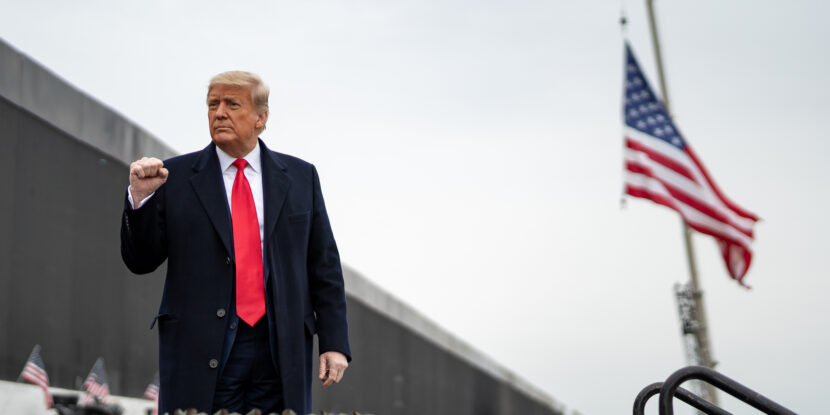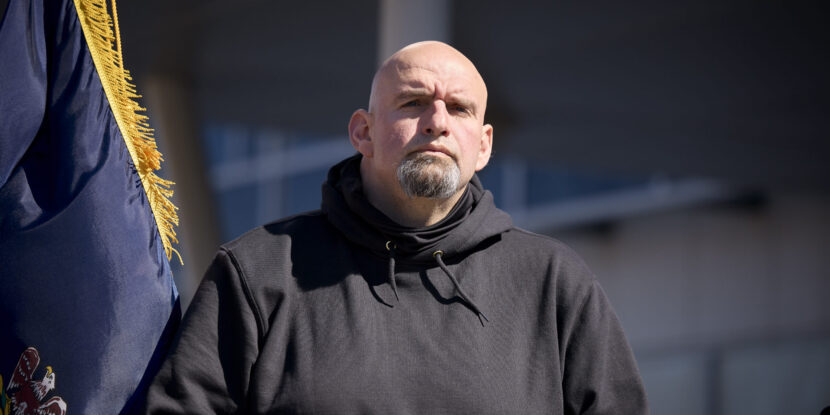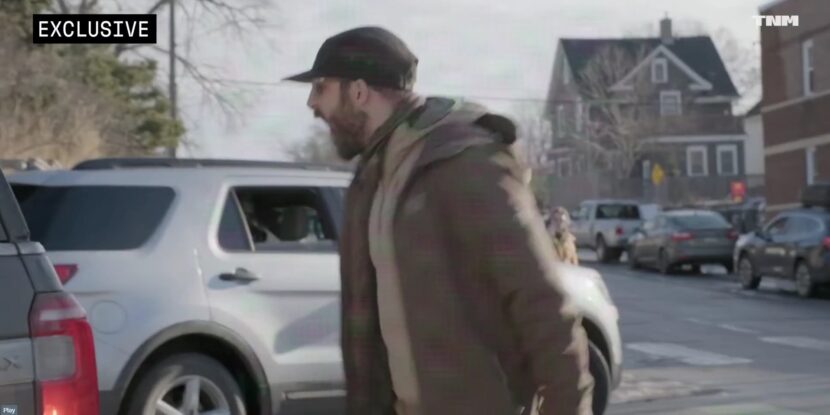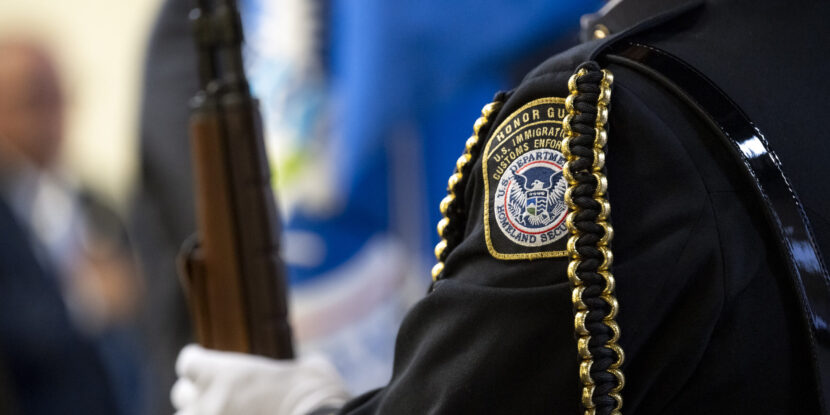Sweden’s center-right government is looking to limit citizenship to those who agree with the country’s “fundamental values.” Still, so many migrants have been allowed in over the last decade that it may not be enough to solve the country’s immigration issues. Deputy Prime Minister Ebba Busch announced plans to limit citizenship to those who agree with Sweden’s “fundamental values” and restrict the voting rights of non-citizens. Previous governments’ multicultural policies have resulted in over 20 percent of the population being foreign-born.
She argued that citizenship should only be granted to individuals who share core national values, highlighting that nearly 70,000 people received citizenship last year without language or value alignment requirements. Busch has been vocal about difficulties in integrating Islamic migrants and has suggested EU-backed initiatives to encourage repatriation for those unable to assimilate. Her comments particularly targeted extreme views, stating, “If you think it is right and proper to throw homosexuals out of high-rise buildings… then you can move back to Iran or Sudan.”
The Swedish government announced in September that it would offer as much as $34,000 to migrants who wish to leave the country as part of a program set to begin in 2026. Meanwhile, the Green Party is criticizing Busch’s proposals—with lawmaker Rasmus Ling reporting her to a constitutional committee for potentially overstepping ministerial bounds.
Busch also proposed restricting voting rights for non-citizens, noting that approximately 603,000 were eligible to vote in the 2022 municipal elections, potentially altering municipal governance. In some cases, migration-background gangs have infiltrated Swedish politics and put pressure on local governments.
Sweden claimed to have achieved negative overall migration earlier this year, with more people leaving the country than arriving. However, the figures were criticized as they may reflect changes to tax registries.
